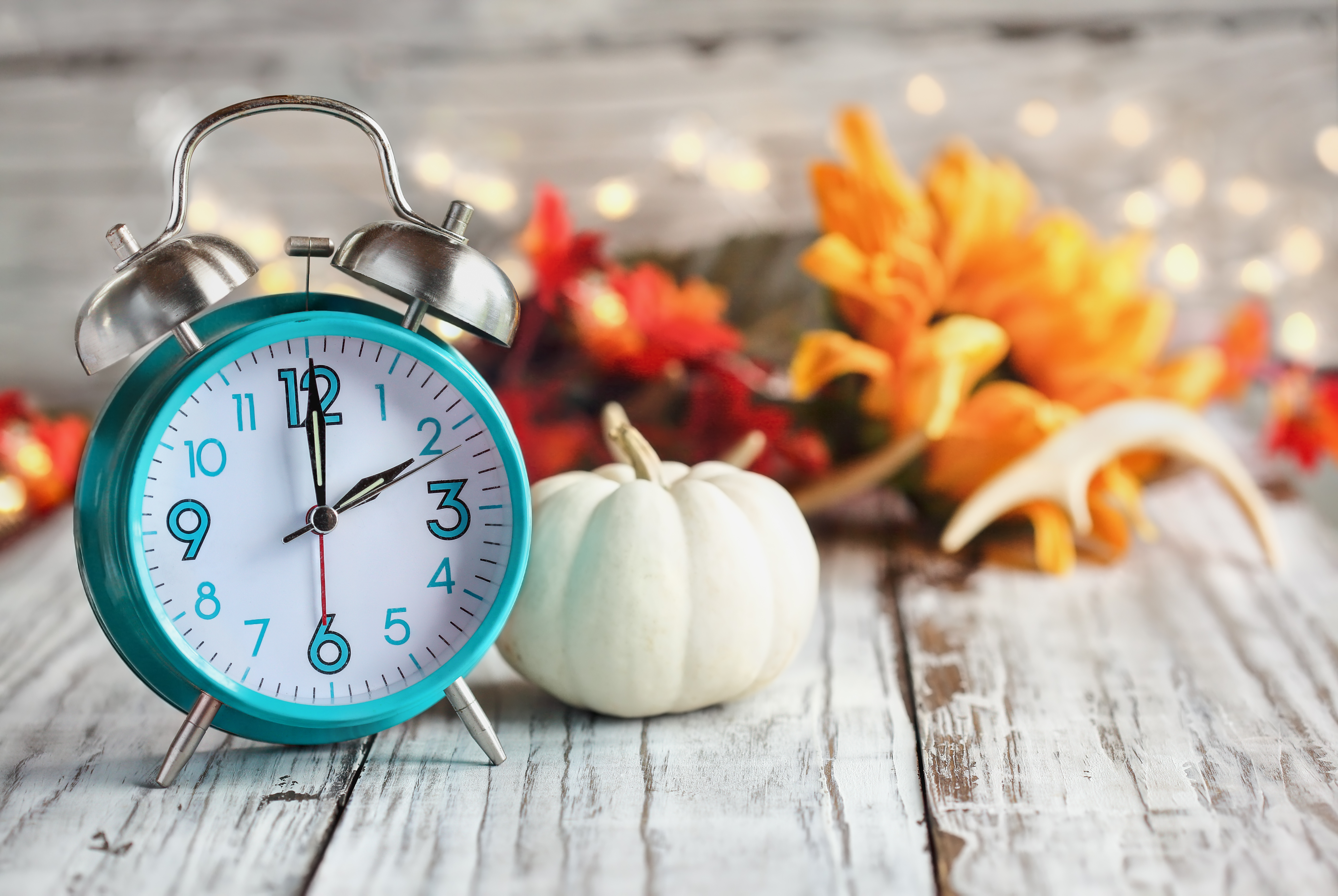The Coronavirus is changing the way San Diegans see their doctors, even for critical procedures like heart surgeries.
67-year-old Jason Yee is an example of how patients are thriving under telehealth medicine.
Hospital systems across the county are moving full speed into virtual platforms and in some cases the results are so good, doctors and patients see little reason to change back once the pandemic is under control.
The Mira Mesa father and grandfather had a heart transplant back in February, just before the state's stay at home orders went into effect. During his recovery, he has relied more heavily on virtual doctor’s appointments in an effort to avoid medical settings where he could come into contact with the virus more easily.
Yee is part of Kaiser Permanente’s “home-based cardiac rehab program,” which was already in existence prior to COVID-19 but has reached a new level of success as a result of the virus.
Along with talking to his medical team on the telephone or through video conferencing. He also wears a Samsung Galaxy watch, which tracks the metrics of his heart and sends the results back to Kaiser’s computers.
Local
Cardiologists and nurses are able to access information about patients’ hearts through a clinical database and track their progress or potential problems.
"It’s very refreshing to know this program is there and this device really saved a lot of time and effort of having to go into the doctors and they can still see real-time what's going on," said Yee.
Kaiser Permanente Cardiologist Julie Martin serves as the physician lead for the cardiac home-based rehab program and says it’s 90% completion rate is much higher than the more traditional “center-based” cardiac rehab programs, which historically had a 40-50% completion rate.
"I think that necessity is the mother of invention and it really encouraged us to pivot quickly," said Dr. Martin referring to the COVID-19 related stay at home orders.
Back in January, Kaiser doctors saw the bulk of their patients in person with only 14% of patients being seen virtually. Now, the health system reports a reversal with 86% of visits being done virtually.
Dr. Martin said the flexibility and convenience are key factors for patients.
“I’ve done clinic appointments where patients are walking their dog or (is) a passenger in a driving car going from here to there,” said Dr. Martin.
Yee also believes the program adds accountability because he knows the information about his heart is being sent back to his doctor’s for review, saving time and effort.
“Yeah, I don’t want it to change,” said Yee.
Dr. Martin said virtual medicine is here to stay, and although she estimates more people returning to traditional, in-person visits outside of the pandemic, she believes it could be about “50-50” in the future.



